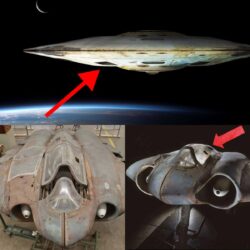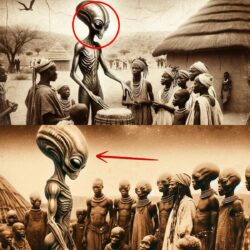Revealing prehistoric ant-hunting practices offers profound insights into early human survival strategies.
Recent archaeological discoveries suggest that early humans engaged in ant-hunting as a reliable food source, showcasing their adaptability and ingenuity. By developing specialized tools and techniques to harvest ants, our ancestors demonstrated a sophisticated understanding of their environment and resource management. This practice not only provided essential nutrients, such as protein and fats, but also highlights the cooperative behaviors and social structures within early human communities.
The ability to systematically exploit such small but abundant food sources indicates a level of cognitive and social complexity previously underestimated in early hominins.
Furthermore, studying these ancient survival tactics enriches our comprehension of human evolution, illustrating the diverse and innovative methods our ancestors employed to thrive in their challenging habitats. These findings challenge traditional notions of early human diets and survival, painting a more nuanced picture of their daily lives and the strategies they used to ensure their continued existence






